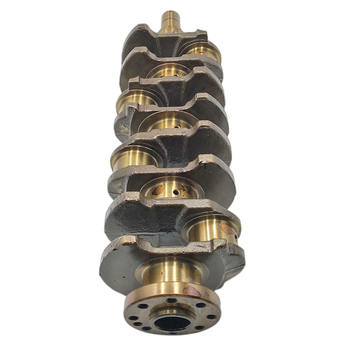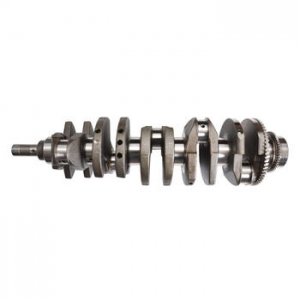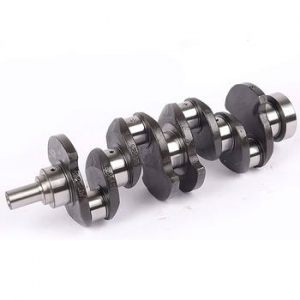Understanding Crankshaft and Engine Vibration
To be honest, engine vibration is a common issue that many vehicle owners face. In my experience, it's an extremely important problem to address because it can lead to serious engine damage if left unchecked. One of the main sources of engine vibration is crankshaft issues. Frankly speaking, the crankshaft is the heart of your engine, and any problems with it can cause noticeable vibrations.
Common Causes of Crankshaft Vibration
There are several reasons why your crankshaft may be causing engine vibration. Here are some of the most common causes:
Diagnosing Crankshaft Vibration Issues
If you're experiencing engine vibration, it's important to diagnose the issue as soon as possible. Here are some steps you can take to diagnose crankshaft vibration issues:
- Check the engine mounts: If the engine mounts are damaged or worn, it can cause excessive engine movement and vibration.
- Check the crankshaft bearings: Use a mechanic's stethoscope to listen for any unusual noises coming from the bearings.
- Check the crankshaft balance: Use a crankshaft balancer to check the weight distribution of the crankshaft.
- Check the flywheel: Inspect the flywheel for any signs of damage or wear.
Solutions for Crankshaft Vibration
Once you've diagnosed the issue, there are several solutions you can consider to fix crankshaft vibration:
- Replace worn or damaged bearings: If the bearings are the source of the vibration, replacing them is the best solution.
- Balance the crankshaft: If the crankshaft is imbalanced, having it balanced can help to reduce vibrations.
- Replace the flywheel: If the flywheel is loose or damaged, replacing it can help to reduce vibrations.
- Use a harmonic balancer: A harmonic balancer can help to absorb vibrations and reduce engine noise.
Preventing Future Crankshaft Vibration Issues
Frankly speaking, preventing crankshaft vibration issues is easier and more cost-effective than fixing them. Here are some tips to help prevent future issues:
- Regularly inspect and maintain your engine: This can help to catch any potential issues before they become serious.
- Use high-quality engine components: Using high-quality components can help to ensure that your engine runs smoothly and efficiently.
- Avoid overloading your engine: Overloading your engine can cause excessive wear and tear on the components, leading to vibrations.
Conclusion
In conclusion, crankshaft and engine vibration can be a serious issue that can lead to costly repairs if left unchecked. By understanding the common causes and solutions, you can take steps to prevent and fix vibration issues. Remember to regularly inspect and maintain your engine, use high-quality components, and avoid overloading your engine to keep it running smoothly. If you do experience vibrations, don't ignore them - diagnose and address the issue as soon as possible to prevent further damage.




